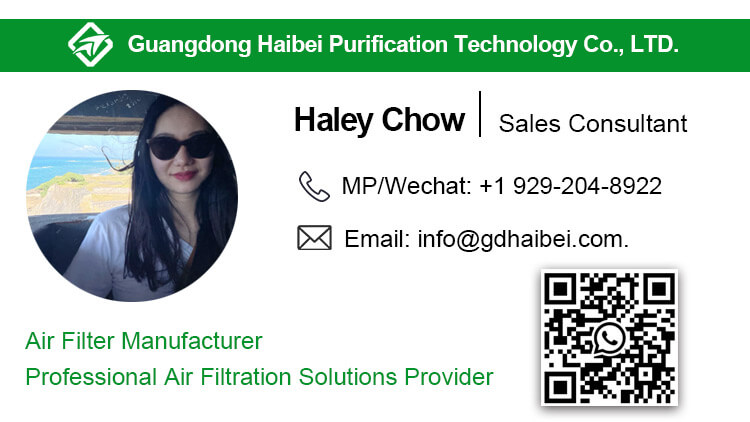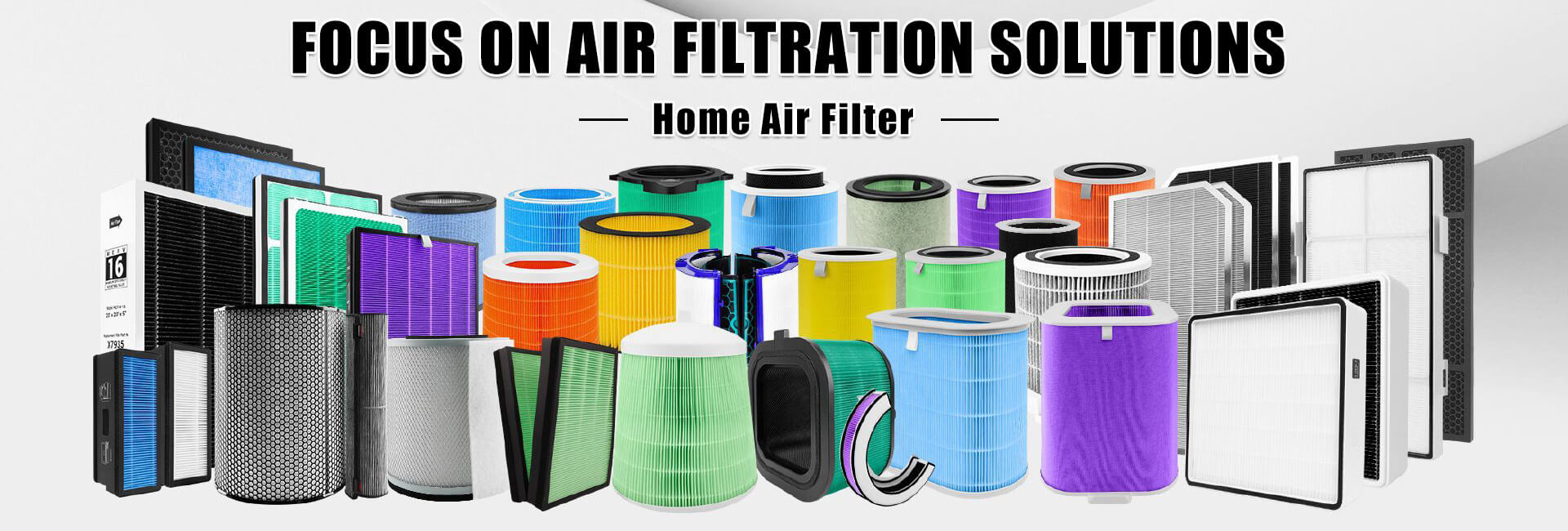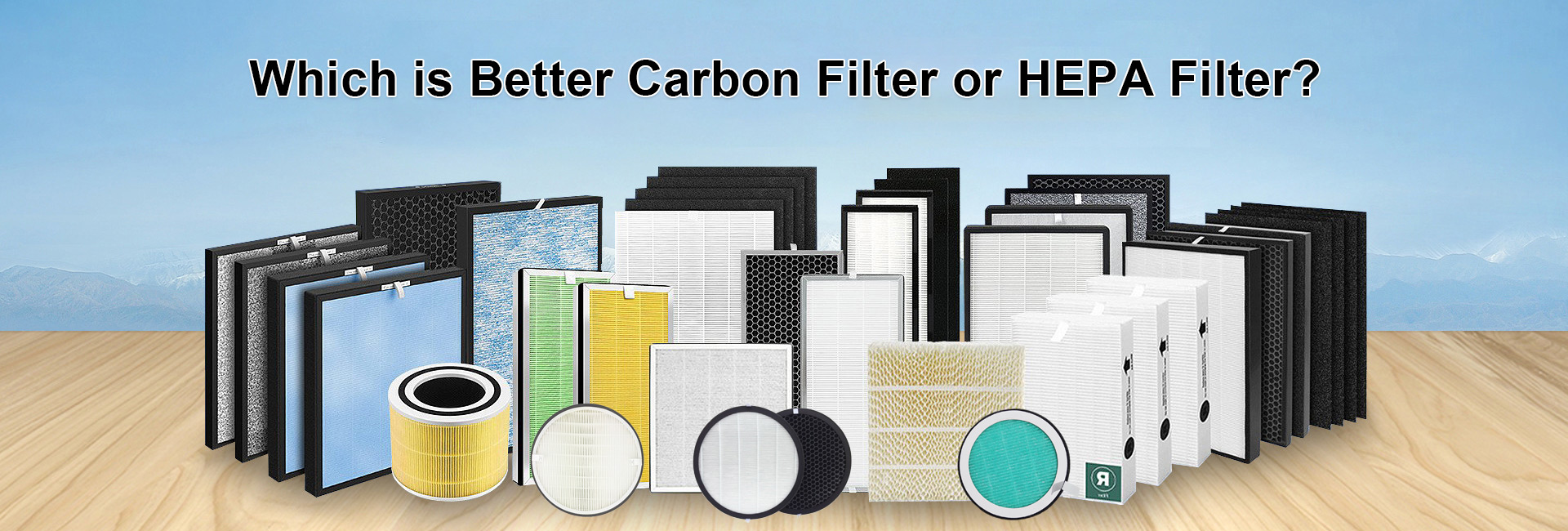Air filters have become essential in modern life, used in homes, offices, and industrial settings to improve air quality.
However, like any technology, they come with certain limitations that users should consider.
Understanding these disadvantages can help in making informed decisions about their use and maintenance.
1. Limited Filtration Efficiency Not all air filters can capture every type of pollutant. For example, standard fiberglass filters are effective only against large particles like dust and pet dander but fail to trap tiny pollutants such as PM2.5, volatile organic compounds (VOCs), or bacteria. Even high-efficiency filters like HEPA (High-Efficiency Particulate Air) have limitations—they cannot filter gaseous pollutants unless combined with activated carbon layers, which adds to costs. In regions with severe air pollution (e.g., areas with high industrial emissions), relying solely on basic filters may not provide adequate protection.
2. High Maintenance Costs Air filters require regular replacement to function effectively. Clogged filters lose efficiency and can even restrict airflow, forcing HVAC systems to work harder and consume more energy. The frequency of replacement depends on usage and environment: in dusty areas or households with pets, filters may need changing every 1–2 months, while in cleaner regions, 3–6 months might suffice. Over time, these replacement costs add up, especially for premium filters like HEPA or activated carbon variants.
3. Risk of Secondary Pollution If not maintained properly, air filters can become sources of secondary pollution. Moist environments (common in humid regions) may cause mold or bacteria to grow on dirty filters, which are then circulated back into the air. Additionally, some low-quality filters shed fibers over time, releasing small particles that worsen indoor air quality. This issue is particularly noticeable in tropical areas where high humidity accelerates microbial growth.
4. Impact on Airflow and Energy Consumption Dense filters (e.g., HEPA) can restrict airflow in ventilation systems. This forces fans or air conditioners to operate at higher capacities, increasing energy consumption and utility bills. In regions with extreme temperatures (e.g., very hot or cold climates), where HVAC systems are used intensively, this inefficiency can lead to significant extra costs.
5. Limited Applicability to Specific Pollutants Air filters are not a one-size-fits-all solution. For instance, filters designed for particulate matter (like dust) are ineffective against odors or chemical fumes from cleaning products, paints, or cooking. Removing such pollutants requires specialized filters (e.g., activated carbon for VOCs), which are often more expensive and have shorter lifespans. In urban areas with high traffic-related pollution, this limitation becomes more pronounced.
In summary, while air filters play a vital role in improving air quality, their disadvantages—including limited efficiency, maintenance costs, and potential secondary pollution—should not be overlooked. Users should select filters based on their specific needs (e.g., pollutant types in their region) and prioritize regular maintenance to mitigate these issues.
Explore our full range of air filters and find the perfect solution for your needs. If you need assistance purchasing filters or confirming filter size, please call +1 929-204-8922 (9-5 EST Monday-Friday) or email info@gdhaibei.com.










